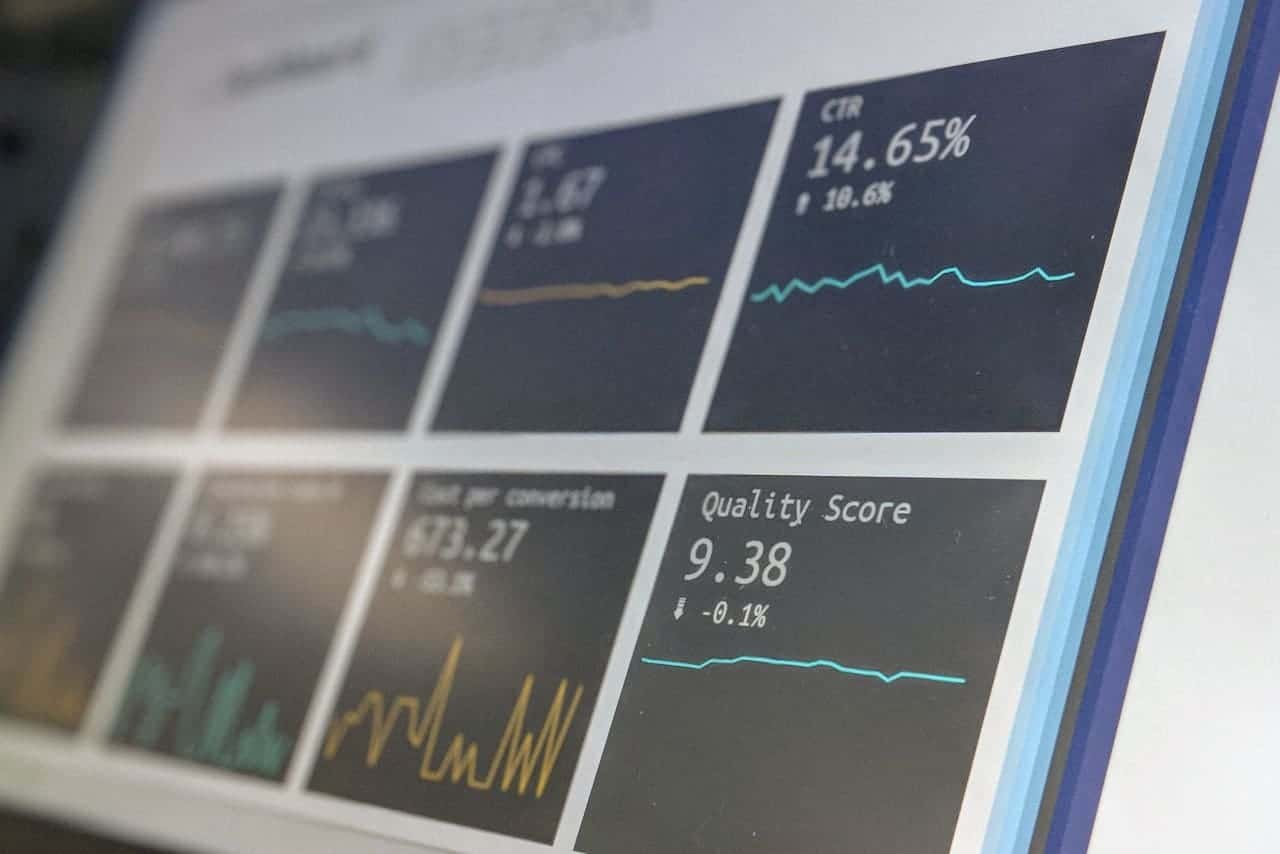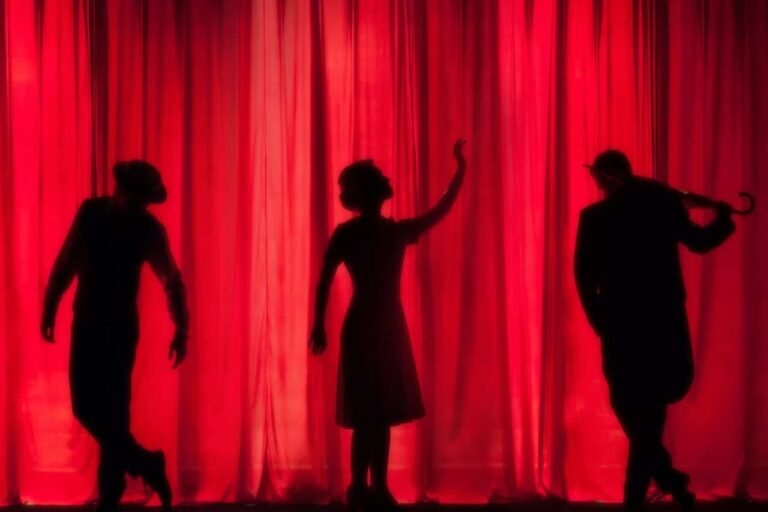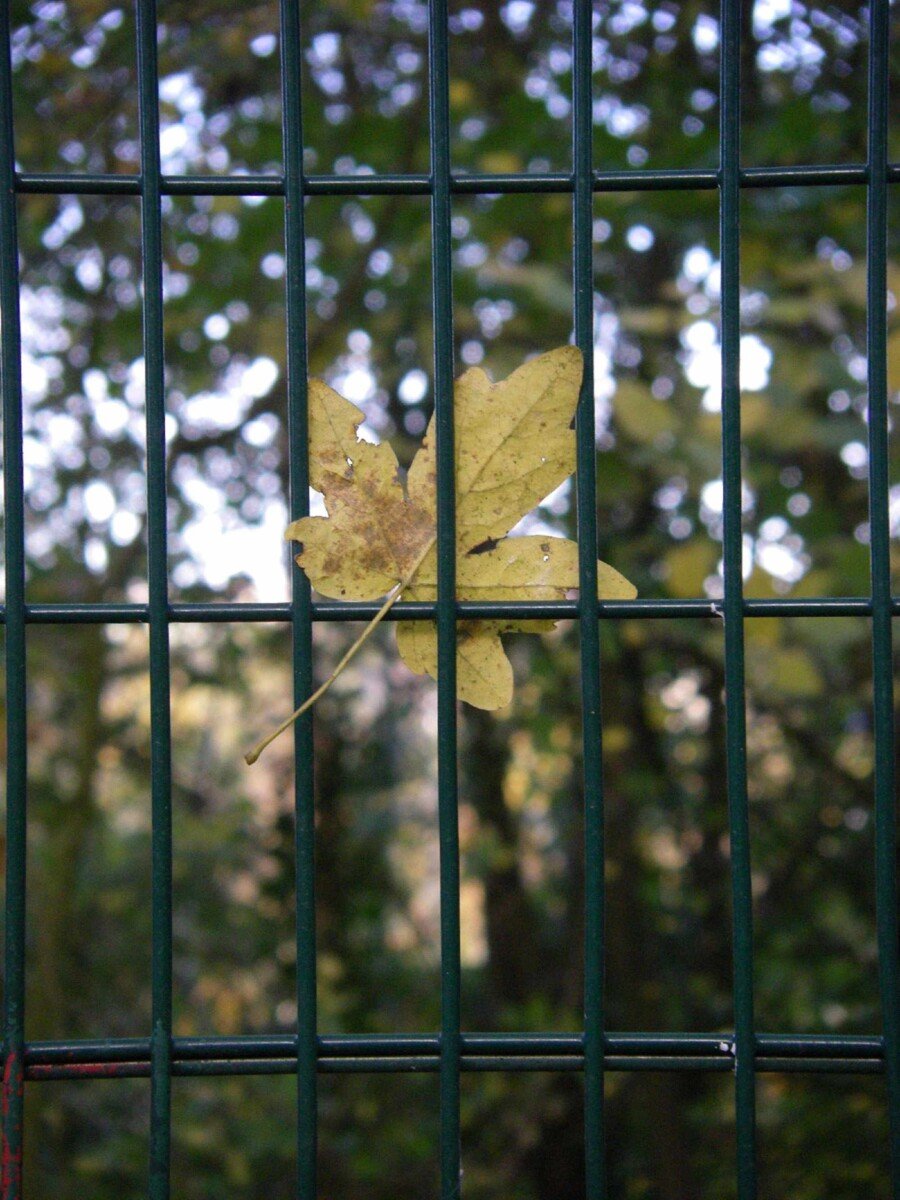Is your over-analysis resulting in paralysis?
Imagine this…
A golfer walks onto the 18th tee, two shots clear of the nearest rival, championship in the bag. All that’s needed are two straight shots up the fairway and a simple putt on the green to lift the trophy.
As he walks on to the tee, he knows that picking his usual club would do the job. But thoughts enter his mind. What if the wind picks up during the shot? What if I don’t hit the ball far enough and I end up leaving a difficult second shot? What if I end up short of the green in the bunker?
The player’s caddie tries to reassure him that all will be fine, but the player senses the disappointment of falling short, of losing his trophy, of being seen as a failure by the press, of losing potentially lucrative sponsorship. And in the blink of an eye, he switches to a club that he would never have picked in 999 out of 1000 shots.
As he walks to the tee, the situation feels unusually strange and intimidating. His thoughts aren’t on the shot, they are churning the ‘what could happen’ if he gets the shot wrong. As he swings, his body tenses, he takes his eye off the ball, he mis-hits and slices the ball out of bounds. The hole goes downhill from there and he ends up dropping three shots and losing the trophy.
Not just a golfer’s nightmare
For anyone who watches competitive sport, this ‘over-analysis’ at important moments isn’t unusual. And the fall-out can make easy pickings for the back pages. But this type of over-analysis doesn’t just cause paralysis in golf. It can have consequences in any walk of life.
For those in professions involving advising or problem solving, formative training can look at appropriate and effective techniques for those.
However, as with the golfer, when ‘the pressure is on’ or we are up against deadlines, there is a danger that we lose sight of technique and try to find short cuts in an attempt to meet them. The thought of missing a deadline and ‘not being up to the job’ makes the lure of the short cut more appealing.
What if?
In the search for that shortcut however, scouring online search engines for something usable, can lead to the discovery of conflicting ideas. Hours are spent trying to make sense of those conflicts, but none is found. Paralysed in thought, the deadline is missed. We discover later that had we stuck to tried and tested methods, we could have reached our own sensible conclusion in minutes.
Of course, experimenting around tried and tested techniques can be useful and open up new ideas and innovation. But trying to experiment on the job can result in the very over-analysis that makes the job harder than it should be and our efforts may suffer as a result.
Taking tests
Exams are another area where over-analysis can be dangerous. Those who rely on ‘cramming’ during the revision process, rather than learning and recapping throughout the year, can end up trying to take on board and analyse too much information in one go. As a result, the ability to apply one’s learning to a problem solving scenario in an exam, can result in the brain freezing. The information simply never had time to properly bed down in the brain and so trying to recall upon it under pressure can prove to be impossible.
Performance and teaching
Over-analysis in the performing arts has its own unique problems. There are often different schools of thought around the approach to playing a musical instrument for example. Those schools of thought form the basis of teaching musicians their performing technique – the absolute minimum fallback to being able to play an instrument well. However, it isn’t unusual for music students to have several teachers during their training.
As students work at improving their technique, trying to analyse and put into practice the thoughts of two or more different teachers can result in confusion if the teachers’ messages in the student’s eye are not consistent. The result can be that the student continually tries to analyse and make sense of the two messages as one. But in consequence, the student’s technique may instead falter, because neither the student nor the teacher(s) appreciate that the over-analysis has created the inertia.
More effective techniques
Ultimately, whether we are studying, performing on stage or working in any other profession, there will be times for experimentation to find ways of improving our technique and times where we need to apply the technique that we have to the job at hand, without experimentation. Otherwise, there is a danger that we never get the job done, or have difficulty in performing to our full potential.
However, lack of effective technique, whether at work or study is a separate matter which can arise through confusion and/or from ineffective teaching or study. It’s important to be aware of where over-analysis to the point of paralysis is becoming the norm though, so that more effective work or study technique can be put into place and so that the desire to resort to unnecessary and harmful shortcuts never arises in the first place.








